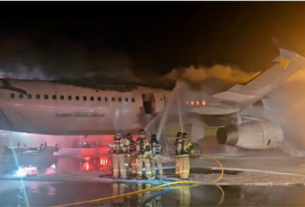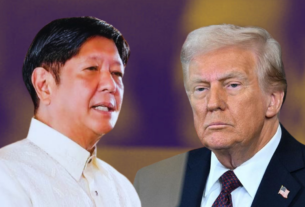France will keep a military presence in Ivory Coast despite withdrawing troops from other African nations. The decision comes as security threats continue to rise across West Africa, where extremist violence is spreading.
French Defense Minister Sébastien Lecornu confirmed that 80 French troops would remain in Ivory Coast. These forces will focus on training and logistical support for the Ivorian military, helping to strengthen regional security.
France has significantly reduced its military footprint in Mali, Burkina Faso, and Niger. Political shifts and growing anti-French sentiment in these countries led to the withdrawal of troops from previous operations.
The remaining troops in Ivory Coast will play a key role in counterterrorism efforts. Their mission includes intelligence-sharing and coordination with local security forces to combat extremist threats.
West Africa has faced increasing attacks from jihadist groups linked to al-Qaeda and ISIS. Many nations in the region struggle to contain violence along their borders, creating instability across the Sahel.
France previously led counterterrorism missions in the region under Operation Barkhane. However, the mission ended in 2022 after tensions with Sahel governments and calls for reduced foreign military presence.
A French military official described Ivory Coast as a key security partner in the region. The country has remained more stable than its neighbors but still faces risks from cross-border extremist activity.
France’s decision to keep a presence in Ivory Coast signals a shift in strategy. Instead of large-scale operations, Paris is focusing on smaller, more targeted military partnerships with key allies.
The French government is also working to rebuild diplomatic ties with African nations. Officials hope to strengthen relationships after facing criticism over France’s military role in the region.
In recent years, Ivory Coast has invested in improving its own military capabilities. French support is expected to help enhance local counterterrorism efforts and overall security preparedness.
Ivorian leaders have welcomed continued military cooperation with France. They believe the partnership will help prevent extremist groups from gaining a foothold within the country’s borders.
Other European nations have also scaled back military operations in the Sahel. Many countries are reassessing their security strategies as African governments push for more control over their defense policies.
France’s military presence in Ivory Coast will include advisors and rapid response teams. Officials have clarified that these troops will not engage in direct combat but will provide strategic support.
The security situation in West Africa remains volatile, with ongoing threats from extremist groups. France’s long-term military role in the region will depend on how the situation evolves and future political dynamics.




